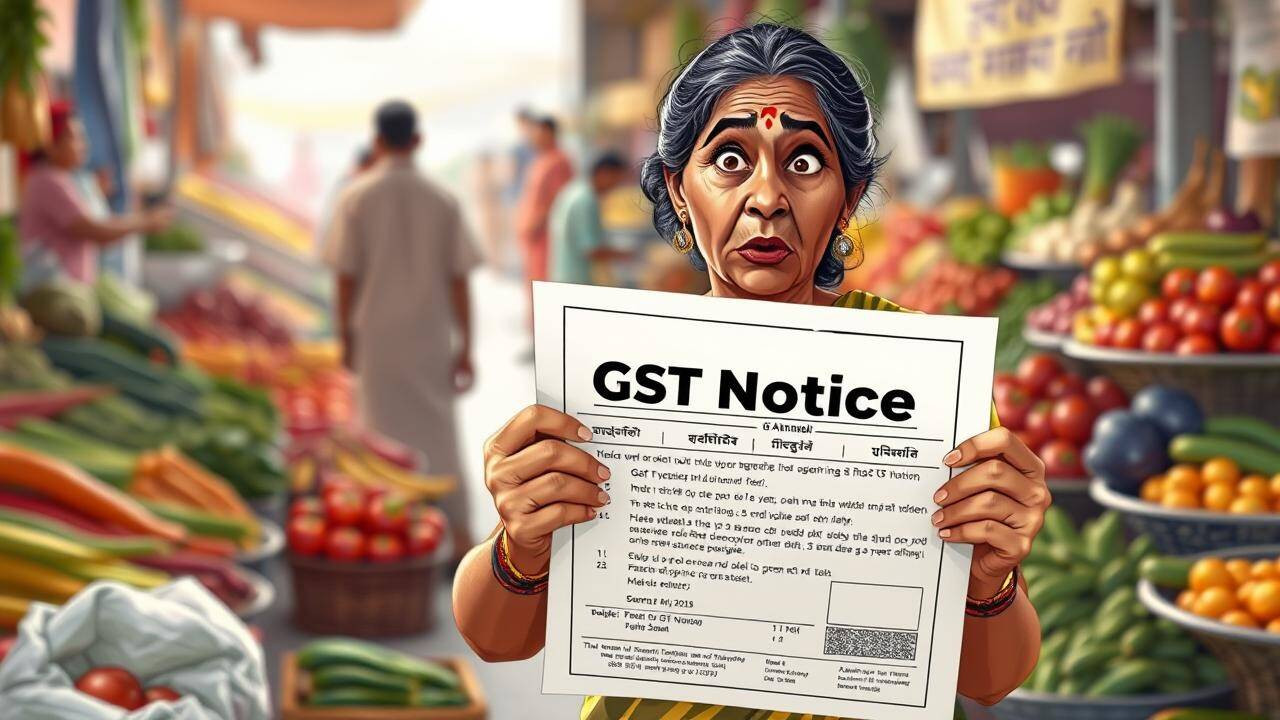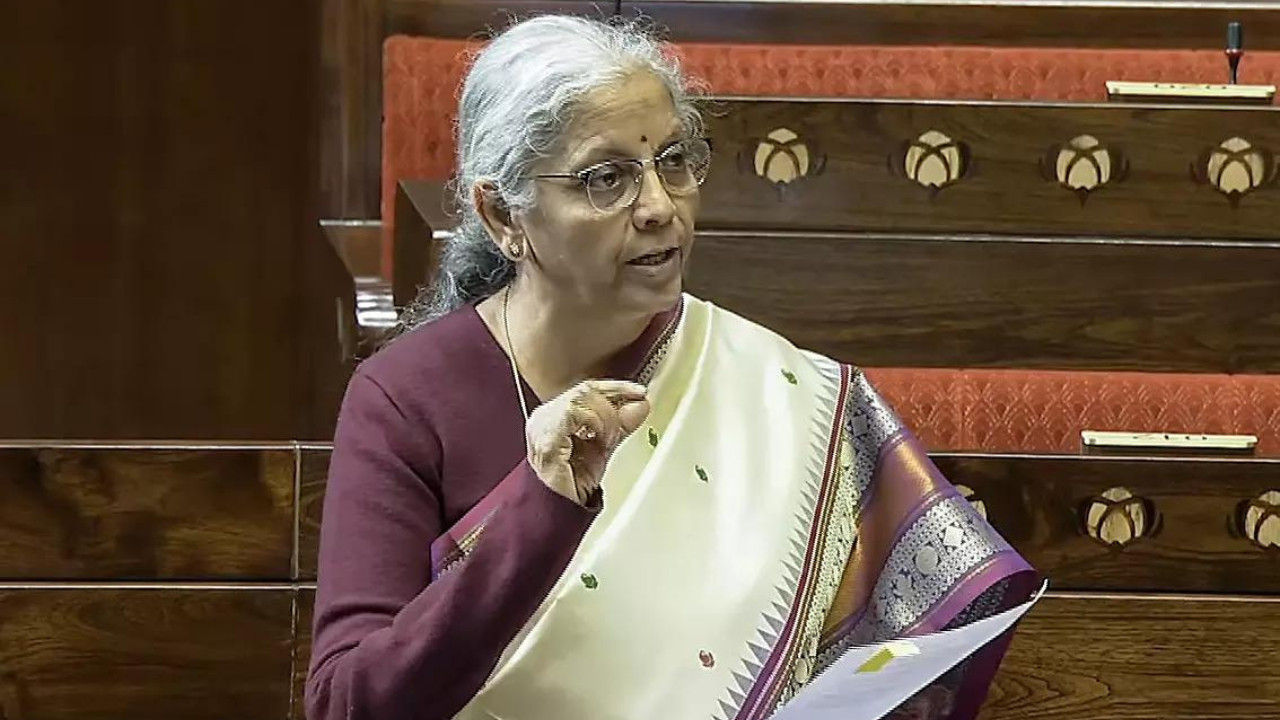Karnataka’s small-scale traders are facing GST notices for UPI transactions exceeding ₹40 lakh, causing widespread apprehension. Vendors are abandoning digital payments, fearing hefty taxes and penalties that could cripple their businesses.
Bengaluru’s Street Vendors Face New Tax Hurdles: A Fair Deal Needed?
Bengaluru, the bustling tech hub of India, is known for its innovative spirit and entrepreneurial drive. This energy isn’t confined to the gleaming office towers of multinational corporations. It thrives just as vibrantly on its streets, where countless vendors offer everything from steaming idlis to colorful bangles, fueling the city’s pulse with their hard work and tenacity. But now, a new challenge has emerged, threatening the delicate balance of Bengaluru’s informal economy: Goods and Services Tax (GST) notices.
Imagine running a small food stall, meticulously preparing each dish, haggling for the best prices on ingredients, and working long hours to earn a modest living. Now, picture receiving a GST notice demanding tax payments on transactions exceeding ₹40 lakh. This is the reality facing many of Bengaluru’s street vendors, who are increasingly using UPI (Unified Payments Interface) for transactions – a system lauded for its ease and efficiency. The very tool that’s supposed to empower them is now triggering tax liabilities they struggle to comprehend, let alone afford.
UPI’s Popularity Leads to Unexpected GST Notices
The surge in UPI transactions, spurred by its convenience and widespread adoption, has inadvertently pushed many vendors past the GST threshold. What was once a cash-based economy, largely invisible to tax authorities, is now leaving a digital footprint. This newfound visibility is a double-edged sword. While it signifies increased participation in the formal economy, it also exposes them to tax regulations they’re ill-equipped to navigate.

Many street vendors operate on razor-thin margins. The prospect of paying GST, even with simplified procedures, is a daunting one. It eats into their already limited income, impacting their ability to support their families and reinvest in their businesses. The sudden imposition of these taxes feels particularly unfair considering the informal nature of their operations and the lack of prior guidance or awareness campaigns.
Calls for GST Relaxation for Bengaluru Street Vendors
The vendors’ plea is simple: GST relaxation. They aren’t opposed to contributing to the nation’s economy, but they argue that the current regulations are ill-suited to their circumstances. They propose a tiered system or a complete exemption for businesses below a certain turnover, allowing them to operate without the fear of crippling tax burdens.
There is a feeling that street vendors should not be penalized for adopting digital payment methods. Instead, policy makers should incentivize the adoption of digital payment platforms. The key is to find a balance, encouraging financial inclusion without stifling the livelihoods of those who are already struggling to make ends meet.
Finding a Fair Solution
This situation highlights the complexities of integrating the informal sector into the formal economy. While increased tax revenue is undoubtedly beneficial, it shouldn’t come at the expense of vulnerable populations. A collaborative approach is needed, involving government agencies, financial institutions, and vendor associations.
Perhaps simplified GST registration processes tailored specifically for street vendors are needed. Or perhaps financial literacy programs designed to educate them about tax obligations and digital payment systems would prove helpful. These programs could empower them to manage their finances more effectively and comply with regulations without undue hardship. It’s about creating a level playing field where everyone has a fair chance to thrive.
The challenges facing Bengaluru’s street vendors shine a spotlight on the need for adaptable and inclusive economic policies. The solution lies not in simply imposing taxes, but in crafting a system that recognizes their unique circumstances, fosters their growth, and allows them to contribute to the city’s vibrant economy without being overwhelmed by regulations. The outcome will determine if Bengaluru’s streets remain a source of opportunity for all, or if these hard-working entrepreneurs will be pushed further into the shadows. This situation is a reminder that progress should lift everyone up, not leave anyone behind.
Read more about how small businesses are driving innovation in India [here](Internal Link).





